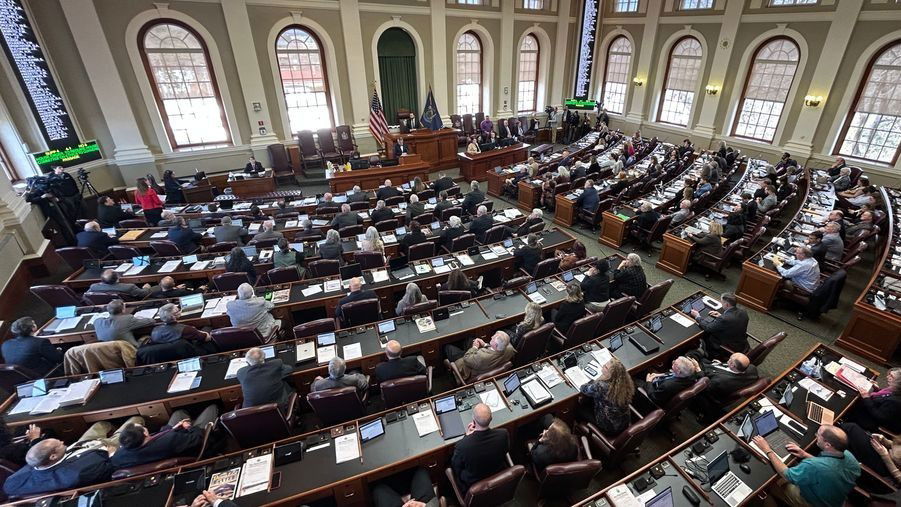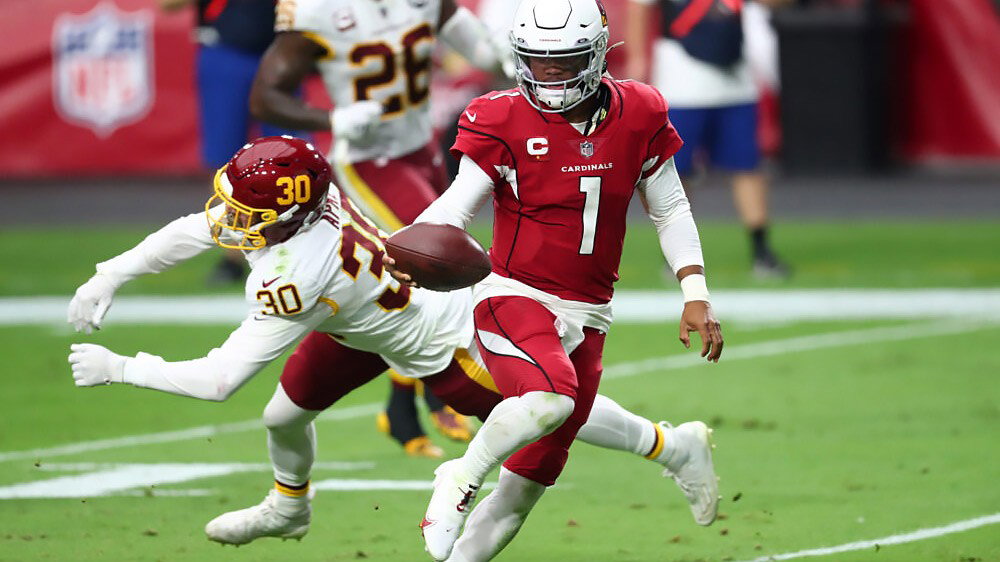Maine House approves bill granting tribes exclusive rights to online gambling

In a key legislative move, the Maine House of Representatives voted Thursday to approve a bill that would grant the state’s four federally recognized tribes exclusive rights to operate online gambling platforms. The measure, LD 1164, passed by a vote of 85-59 and now heads to the Senate for further consideration.
The bill builds on a 2022 law that gave the Wabanaki Nations the sole authority to conduct online sports betting in the state. If enacted, the new legislation would allow the Passamaquoddy Tribe, Penobscot Nation, Houlton Band of Maliseet Indians, and the Mi’kmaq Nation to offer casino-style games such as blackjack, poker, and roulette through mobile platforms.
Supporters, including Rep. Brian Reynolds of the Houlton Band of Maliseet Indians, said the move would provide critical economic opportunities to tribal communities. “We know how to do this the right way,” Reynolds said. “We are asking for the chance to build.”
Rep. Ambreen Rana, the bill’s sponsor, addressed the bipartisan nature of the vote and described the bill as a step toward overdue economic inclusion for rural and tribal regions.
According to Rep. Aaron Dana of the Passamaquoddy Tribe, any revenues generated would be reinvested locally. “It offers hope and opportunity, not just for the tribal communities, but also for rural Maine in counties like Washington and Aroostook,” Dana said.
LD 1164 proposes that 18% of gross receipts from online gambling be allocated to the state. These funds would be directed toward public services such as addiction prevention, opioid treatment, veterans' homes, school renovation loans, and emergency housing.
Despite the progress in the House, the bill faces significant challenges. Both of Maine’s commercial brick-and-mortar casinos, Hollywood Casino in Bangor and Oxford Casino, have voiced opposition, as has Governor Janet Mills’ administration, which previously opposed similar legislation.
The bill also drew criticism from public health officials and addiction counselors who warned about the potential social risks of expanding access to online gambling.
Rep. Nathan Carlow of Buxton argued that online gaming exploits vulnerable populations. “It’s way more addictive than casino gambling,” Carlow said. “People—particularly young men—are signing away their financial health, freedom, and future.”
Public health officials echoed these concerns. Maine CDC Director Puthiery Va testified that online gambling could increase isolation and impulsive behavior, while the Gambling Control Unit warned consumers about the risks of unregulated platforms.
Still, proponents maintained that regulating the industry is safer than allowing unlicensed operators to thrive. Rep. Anne Graham, a nurse practitioner, acknowledged the CDC’s concerns but said: “Unfortunately, iGaming is happening illegally now. I believe the ‘horse is out of the barn’ and regulating iGaming is the smart thing to do.”

















